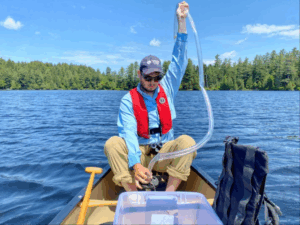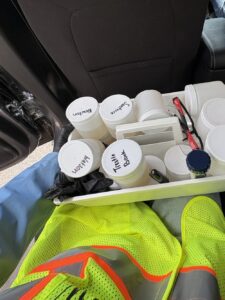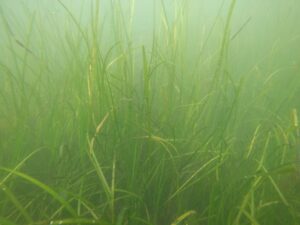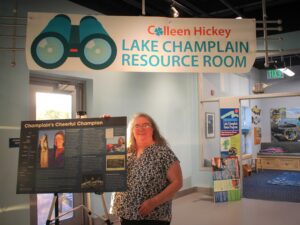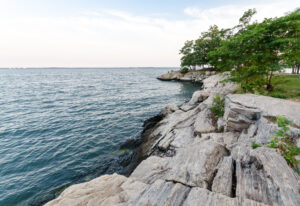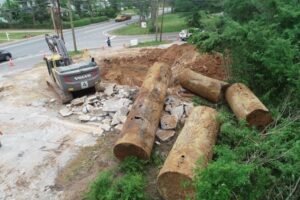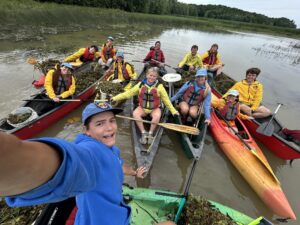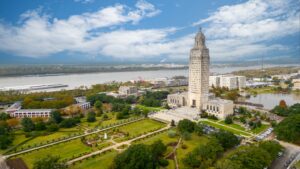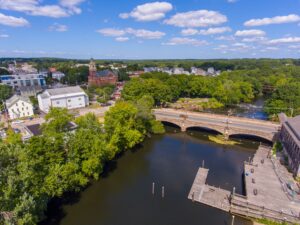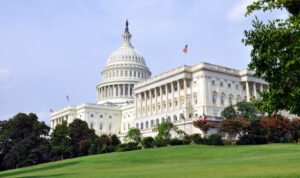-
Fifty New York Lakes Receive Water Quality Assessment
Targeting unassessed – or not recently assessed – waterbodies in the New York portion of the Lake Champlain watershed, trained community volunteers and field technicians at Paul Smith’s College Adirondack
-
New Hampshire Internship Provides Pathway Into the Wastewater Industry
Two interns who spent the summer receiving training from wastewater operators in Nashua now have the opportunity to receive an entry-level wastewater license through the Emerging Water Professionals Internship Program
-
Project Launched to Update Eelgrass Habitat Model in Long Island Sound
This summer, NEIWPCC, in partnership with the Connecticut National Estuarine Research Reserve (CTNERR) and Cornell Cooperative Extension Suffolk County (CCESC), initiated a project to update and improve upon a 2013
-
Lake Champlain Resource Room Dedicated to Long-Time NEIWPCC Staff Member
In recognition of Colleen Hickey’s 32 years of service to NEIWPCC at the Patrick Leahy Lake Champlain Basin Program (LCBP), the Lake Champlain Resource Room – located within the ECHO
-
Abstracts Now Invited for the 2026 Northeast Aquatic Biologists Conference
NEIWPCC is seeking abstracts for the Northeast Aquatic Biologists (NAB) Conference, to be held February 4-6, 2026, in Westbrook, Connecticut. NEIWPCC is coordinating the conference in partnership with our member states and
-
L.U.S.T.Line Issue #95 Examines What is in Store for the Underground Storage Tank Industry
LUSTLine — the publication of record for the underground storage tank (UST) community — shares resources, research, and stories that cover industry topics such as release prevention, technical and regulatory
-
NEIWPCC Welcomes 31 Interns and Seasonal Staff
This summer, 31 interns and seasonal staff joined NEIWPCC’s team to gain first-hand training and career experience in various aspects of environmental work. Based out of four states, these paid
-
Registration Opens for National Nonpoint Source Training Workshop
The 2025 National Nonpoint Source (NPS) Training Workshop will be held in Baton Rouge, Louisiana on October 27-29. Workshop participants will include state, federal, tribal, nation, and territorial NPS coordinators
-
PFAS River Monitoring Project Launched in Rhode Island
In June, NEIWPCC, in partnership with the Rhode Island Department of Environmental Management (RIDEM), launched a new project to assess baseline concentrations of per- and polyfluoroalkyl substances (PFAS) in rivers
-
Letter to Congress Outlines Potential Impacts of Budget Cuts on Clean Water Act Programs
In response to the President’s FY 2026 Discretionary Budget Request and the EPA’s FY 2026 Budget in Brief, NEIWPCC recently sent a letter to all members of the U.S. House
